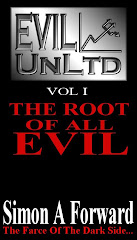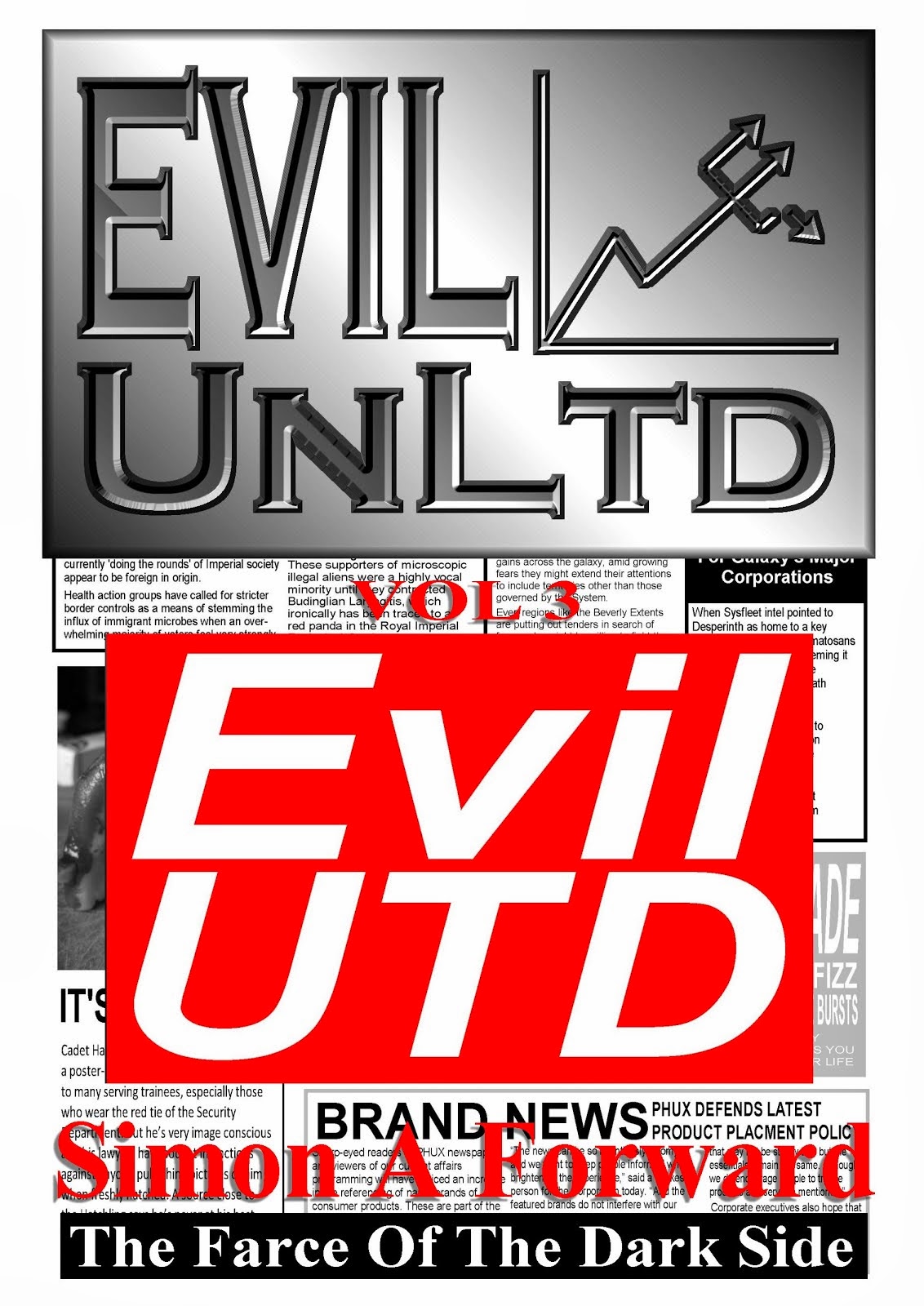Anyone who knows me and even some who don’t will know how
much I love Farscape. So when Doctor Who begins to resemble Farscape – to any extent – that’s a
cause for singing and rejoicing.
All right, that might be overstating the case a smidgen
for The Rings Of Akhaten, but it did
have plenty of good things going for it and many of them did remind me of Farscape.
There’s even an episode of that show with a living sun.
Mind you, it’s an episode which has a sappy ending and is one of the rare ones
I’m not particularly fond of. That might provide a clue as to where I have a
problem with Akhaten.
When I saw it the first time, I was in two minds about
it. And I still am. Many Doctor Who episodes divide opinion among fans. This
managed to divide this one fan’s opinion. Twice.
It begins well and is an encouraging start from newcomer Neil Cross. The Doctor stalking Clara in the way only a time traveller can –
starting from even before she’s a glint in the, er, passing pedestrian’s eye.
Instead of a glint, it’s a leaf and it manages to strike him so hard it makes
him stumble into oncoming traffic. So we’re clear this is one powerful leaf.
The ensuing montage is a neatly encapsulated scrapbook that paints us a picture
of Clara’s life up to this point, including her mother’s tragic death at a
young age. Not sure if we’ll be given any more explanation on that but as a
means of ensuring our empathic investment in Clara, job done.
Then we’re whisked off, along with Clara, to Akhaten.
It’s a place like nothing we’ve seen in Doctor
Who and even if it’s sometimes a bit too obviously a product of the miracle
of CGI, the effect and the aim is appreciated. The story wants to show us
something new.
The street scenes are familiar, courtesy the Star Wars cantina and other
xenocosmopolitan scenes from the likes of Babylon5 and Farscape. There are a few Star Trek-ish humanoids with crinkly
bits, but surprisingly few. The variety of lifeforms gathered here is staggering
considering the expense and that they’re (probably) only going to be used for
one episode. It would have been easy and tempting to take the cheap way out.
The Vigil are simply styled, but particularly striking and are a scary
presence, used sparingly and effectively. It’s only a bit of a letdown when
they end up in a Harry Potter-esque standoff, locked in glowy battle with the
Doctor and his sonic wand. But the point remains that the production team went
the extra mile on the alien diversity front and that effort is hugely
appreciated.
Clara’s reactions to it all are a treat to behold and she
manages to retain all her plucky independence and spirit while being a fish out
of water. The ideal combination and it draws us into her perspective, helping
even the most seasoned-veteran Doctor
Who viewers see all this as new and exciting.
We know something’s going to go amiss from her helping
the little lost alien girl, but it’s perfectly understandable that she does so.
We all would.
As it is, it’s not Clara’s involvement that triggers the
problem – little Merry Gehjel (Emilia Jones) was going to be nabbed by the ‘old god’, or
Grandfather as he’s known locally anyway. And here’s where more of the familiar
seeps in – Grandfather strikes a Sutekh-like figure seated in his throne,
imprisoned in his tomb. Plus, and it must surely have been deliberate, use of
the title Grandfather and the ‘throwaway’ line about the Doctor having brought
his granddaughter here chuck in a decent red herring or two, calling to mind
things like the Faction and suggesting possibilities that somehow the Doctor
and this Grandfather might turn out to be one and the same. There’s a sense
that we are in new territory and that anything can happen.
What we get is simultaneously novel and disappointing.
But I do wonder if it’s more in the orchestration than in the scripting.
It’s a nice twist that Grandfather turns out to be only
the alarm clock for the actual ‘old god’. And as for living suns, I have
nothing against them. (See the Magellans in EmotionalChemistry, profoundly empathic beings.) Likewise, solving the situation
with emotions and/or stories – or even a song. Why the hell not? It’s
different. Doctor Who thrives on
different. The intention, like the effort on all those aliens, is worthy of
applause.
The grand choral number itself is fine, although coming
so soon after Merry Gejehl's earlier performance it does create an impression
of going on for too long. It doesn’t help that some of Murray Gold’s
over-dramatic scoring continues to thump away in the background while the
Doctor’s having an urgent talk with Merry and Grandfather’s beating at his
glass prison in his (protracted) fight to get out. But constant music, whether
needed or not, is a feature of other episodes.
What is a shame is that after celebrating alien
diversity, they felt the need to give the living sun a face so the episode’s
climactic moments are given over to the Doctor – and Clara – negotiating with a
giant Jack O’Lantern. So the power of the Doctor’s great speech – and it is a
great speech – is undermined by this vast, blazing fireball looking a bit
stupid. Forget the souls it’ll devour if allowed, it’s just sapped much of the
strength of that scene.
Also, I wasn’t entirely convinced by the Doctor’s
argument. Pointing out to a parasite that it’s a parasite is about as likely to
produce a change in behaviour as telling a Dalek it’s evil. That aside, just
when we think we’re in for a Tenth Planet Mondas-style
ate-a-bit-too-much-energy ending, that doesn’t work and it’s up to Clara to save
the day with that all-important leaf. And as touching a scene as it is on the
surface, it’s at that point I detect a minor logic failure.
The leaf is to the soul-eating sun what a wafer-thin mint
is to Mr Creosote, because it is full of ‘what should have been’. But surely a
child – such as Merry – is not so different – full of potential, all the
things she could be. Indeed the same might be said for any life cut short. And in
any case the possibilities centred on that leaf are not nearly infinite. They
were limited by geography, meteorology and other factors that meant that, yes,
a great many permutations of outcomes might have arisen from that leaf’s
movements after falling from the tree. But not infinite.
At the end of the day, the value lies in how you view
these things and I’m not sure an ancient being that devours souls should be
quite so gullible.
So there’s much to like in the episode but the ending
feels a bit weak. And if memory serves – and if first impressions hold up on
the rewatch – that is something of a common feature to a number of episodes
this season.
So, more The Rings Of Akhasevenoutoften. Not outstanding,
but stands out because of various elements and it’s laudable ambitions.
Next Time...
Cold
War
SAF










No comments:
Post a Comment